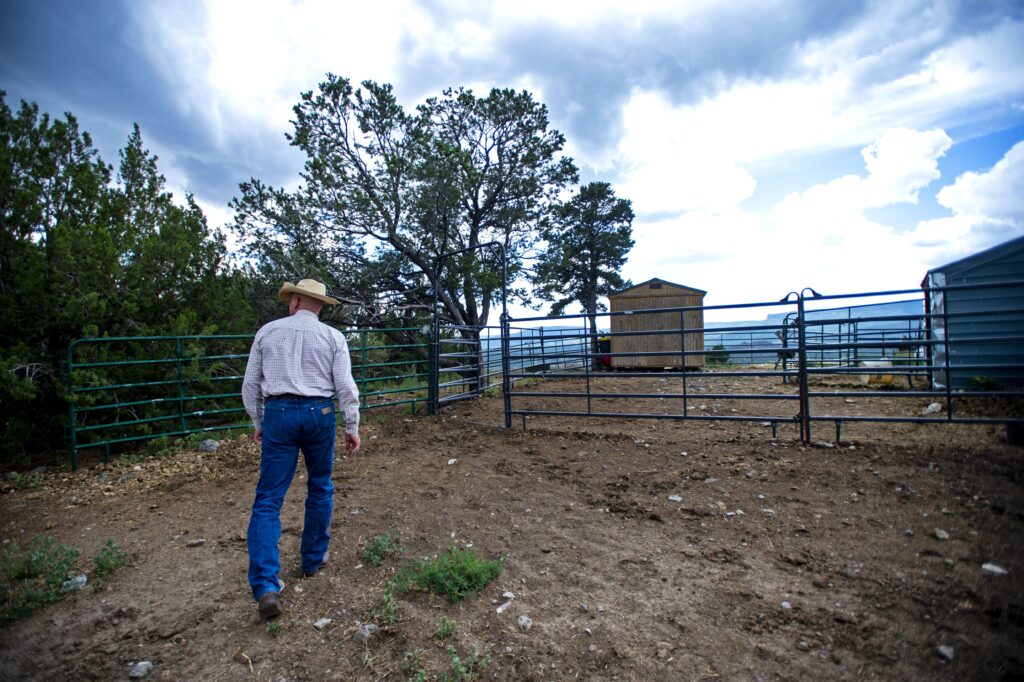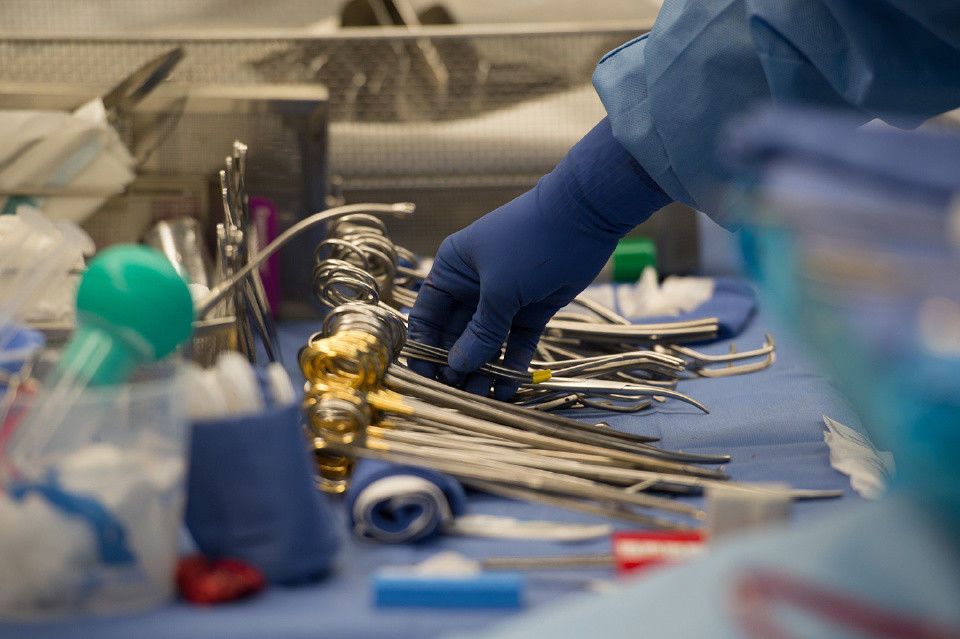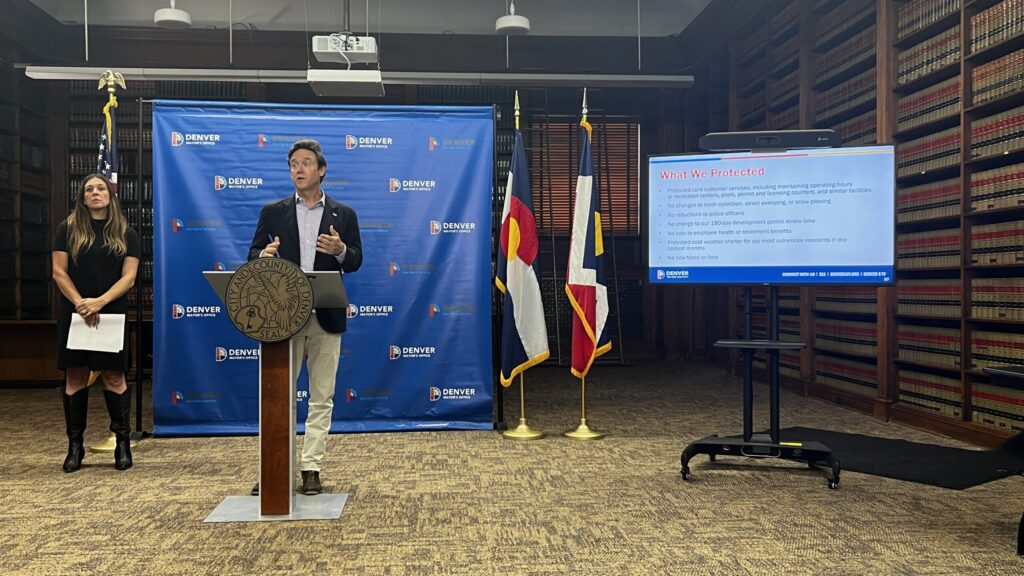Feds award $7.8 million grant to fight opioid abuse epidemic
Colorado will receive $7.8 million in federal grant money to help battle opioid abuse in the state, as part of a landmark medical research bill signed late last year.
The 21st Century Cures Act, signed into law late last year, boosted funding for medical research and accelerated the development and approval process of medical treatments. The act promised some $1 billion in federal funding to help battle the opioid abuse epidemic across the country.
U.S. Democratic Rep. Diana DeGette, who cosponsored the act with Republican U.S. Rep. Fred Upton of Michigan, told The Colorado Statesman the state faces “tremendous challenges from prescription drug abuse; each year, there are a reported 300 deaths in our state from opioid painkillers alone.”
“I’m glad that the funds to fight the opioid epidemic that we included in 21st Century Cures are being distributed, including in Colorado,” DeGette said. “But I remain concerned that the (President Donald Trump) administration’s proposed 19 percent budget cut to the National Institutes of Health will hamper much of the progress envisioned in this bipartisan bill, which became law just four months ago.”
Opioid overdose deaths in Colorado have tripled in the 15-year span from 2000 to 2015, though the numbers stabilized between 2013 and 2015, according to Colorado health department data. Overdose deaths decreased by 6 percent in 2016 to its lowest level in six years, though heroin overdose deaths increased, The Denver Post reported. Since the 1990s, addiction to pain medications like oxycodone and hydrocodone have steadily swelled across the country.
Though nearly $8 million in federal grants is a great first step, “it’s only a drop in the bucket” considering the size of the problem, said Robert Valuck, a professor at the University of Colorado’s School of Pharmacy and director of the Colorado Consortium for Prescription Drug Abuse Prevention, a collection of experts and health and law enforcement officials tackling prescription abuse in the state.
“It’s like turning a giant ocean liner around,” Valuck said of the country’s opioid epidemic. “You don’t just turn it around on a dime. We have a lot of work to do to get this ship in the right direction.”
Valuck said there’s a 90 percent treatment gap across the country, meaning only 10 percent of those struggling with an opioid addiction are getting treatment. The size of the state of opioid abuse and misuse of prescription painkillers outweighs the impact the $7.8 million will have.
Addressing the epidemic will mean educating the public on the use opioids, training health providers on safely prescribing prescription painkillers and providing more opportunities for the safe disposal of opioids, Valuck said.
“We have to intervene at every stage along the way,” Valuck said. “It requires a comprehensive approach.”
With rural communities often falling into a health care gap, U.S. Rep. Scott Tipton, who co-sponsored the legislation last year, said it’s welcome funding for an epidemic that has “deeply impacted” his congressional district.
“Many of our rural communities simply don’t have the resources to fight this epidemic and have called on the federal government for help,” Tipton said in a statement. “Our health care providers, law enforcement officers, educators, and community support groups are committed to saving lives and bringing an end to prescription drug and heroin abuse, and this grant will be extremely helpful for our state.”
The grant will go toward prevention, treatment and recovery services in the state. The $7.8 million amount was allocated to the state based upon its rate of opioid overdose deaths and needs for addiction treatment.
In a letter to state officials, Health and Human Services Secretary Tom Price said while he is releasing the funding for the first year immediately, he will develop funding allocations and policies for the second year of funding.











